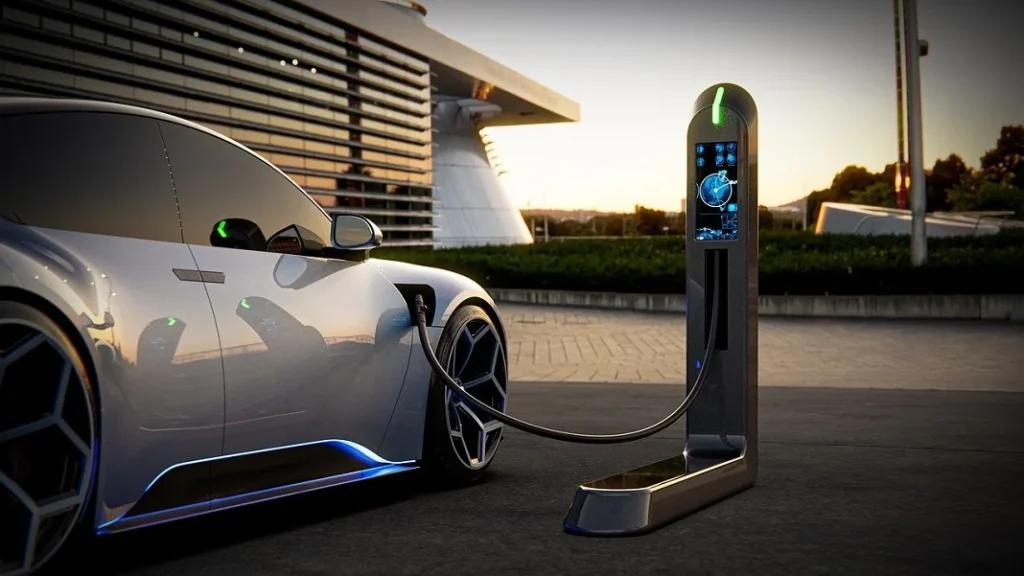More than 1 in 4 Cars Sold Worldwide in 2025 Set to Be Electric: IEA Report

- EVs on track to surpass 20 million units sold in 2025, representing over 25% of global car sales.
- China dominates global EV production and demand, accounting for nearly half of 2024’s EV sales and exporting 1.25 million units.
- Affordability and operational savings driving adoption, with EVs cheaper to operate than gas vehicles even at low oil prices.
Electric vehicles are on a fast track to capturing more than 40% of the global car market by 2030, according to the International Energy Agency’s (IEA) latest Global EV Outlook. The report reveals record-breaking growth in EV sales in 2024 and signals continued momentum, even in the face of macroeconomic pressures.
“Despite significant uncertainties, electric cars remain on a strong growth trajectory globally,” said Fatih Birol, Executive Director of the IEA. “Sales continue to set new records, with major implications for the international auto industry.”

Rapid Global Growth
Electric car sales exceeded 17 million in 2024, pushing EVs to over 20% of total global car sales for the first time. The trend shows no signs of slowing—sales in Q1 2025 jumped 35% year-on-year. By year-end 2025, the IEA expects EVs to make up more than one in four vehicles sold worldwide.
China leads the charge, with EVs comprising nearly 50% of all car sales in 2024. The country sold more than 11 million electric cars last year—matching the entire global total from just two years earlier. China also exported 1.25 million EVs in 2024, many to emerging markets where affordability has improved.
Emerging economies in Asia and Latin America are fast-growing hubs, with combined sales up more than 60% last year. The U.S. market saw 10% year-on-year growth, now accounting for over 10% of all car sales. Europe, meanwhile, held steady at 20% market share as subsidy programs tapered off.
Cost is King
Affordability is a key driver of EV adoption. “By the end of this decade, it is set to be more than two in five cars [sold globally] as EVs become increasingly affordable,” Birol noted.
Globally, battery electric vehicle prices fell in 2024, thanks to growing competition and lower battery costs. In China, two-thirds of EVs sold were priced lower than gas-powered cars—even without incentives. However, price disparities remain in mature markets. In the U.S., battery EVs are still about 30% more expensive than internal combustion vehicles; in Germany, the gap stands at 20%.
Still, operating costs favor EVs overwhelmingly. Even if oil prices dropped to $40 per barrel, running an EV in Europe via home charging would cost roughly half as much as fueling a traditional car.
RELATED ARTICLE: New IEA Report Explores Carbon Credits’ Role in Accelerating Clean Energy Transition
Trucks Gaining Ground
The report also highlights an 80% surge in electric truck sales globally in 2024. EV trucks now account for 2% of global truck sales, with China again leading the pack. In some segments, electric heavy-duty trucks are already cost-competitive with diesel, driven by significantly lower running costs.
Outlook Ahead
As EV adoption accelerates, supply chain resilience and industry competitiveness will come under the spotlight. The IEA is preparing a dedicated report this summer to address the evolving needs of the global car industry.
Executives, investors, and automotive leaders would be well-advised to monitor the pace of change. The EV revolution is not just coming—it’s already underway.
Follow ESG News on LinkedIn












